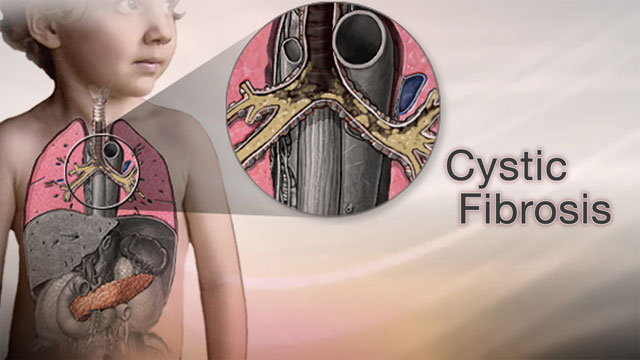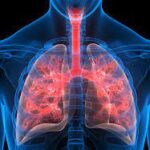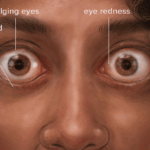Cystic fibrosis (CF) is a genetic disease that causes sticky, thick mucus to build up in your body. This can damage your lungs, pancreas and other organs which makes it difficult to breathe and to get enough nutrition. Many people think of CF as a lung disease because it affects your lungs and airways, which can make it hard to breathe and cause frequent infections, But it’s called cystic fibrosis because it also causes cysts and scarring (fibrosis) in your pancreas. CF can also affect your liver, sinuses, intestines and sex organs.
CAUSES OF CYSTIC FIBROSIS
- Mutation in the CFTR Gene
The primary cause of cystic fibrosis is a mutation in the CFTR gene (Cystic Fibrosis Transmembrane Conductance Regulator). This gene controls the movement of salt and water in and out of cells. When mutated, it leads to the production of thick, sticky mucus that clogs the lungs, pancreas, and other organs.
- Autosomal Recessive Inheritance
Cystic fibrosis is inherited in an autosomal recessive pattern, meaning a child must inherit two defective copies of the CFTR gene (one from each parent) to develop the disease. If only one defective gene is inherited, the person is a carrier but usually doesn’t show symptoms.
- Parental Carrier Status
The risk of a child developing cystic fibrosis increases if both parents are carriers of the faulty CFTR gene. Each child of two carriers has a 25% chance of having cystic fibrosis, a 50% chance of being a carrier, and a 25% chance of inheriting two normal genes.
- Ethnic Background
Cystic fibrosis is more common in people of Northern European descent. The frequency of CFTR mutations is higher in this group, increasing the likelihood of both parents being carriers. It is less common but still possible in other ethnic groups.
In Conclusion: Your parents don’t have to have cystic fibrosis for you to have CF. In fact, many families don’t have a family history of CF. Someone with just one copy of the gene variant is called a carrier. People with CF have higher levels of IRT in their blood. Babies are often tested for immunoreactive trypsinogen IRT shortly after birth and a few weeks later.
All information about Cystic Fibrosis were gathered from Cleveland Clinic



